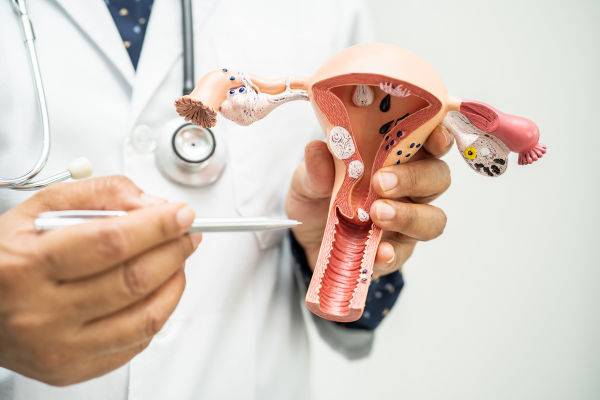Information after laparoscopic surgery

General information Incisions Your surgery was performed through small incisions on the abdomen and the incisions are closed with sutures that will dissolve in about 6 weeks. If you have bandages you should remove them the day after surgery. There is skin glue over the incisions that will peel off in 3-4 weeks. Do not […]
Sigfús Orri Bollason

Specialist in Obstetrics and Gynecology
Þórunn Agnes Einarsdóttir

Surgical Nurse
María Guðfinna Davíðsdóttir

Surgical Nurse
Sverrir Gauti Ríkarðsson

Specialist in Anesthesiology and Intensive Care Medicine
Recovery after laparoscopic surgery

How is the Recovery? The recovery time after laparoscopic surgery can vary depending on the type and extent of the surgery, as well as the individual patient’s health and healing ability. However, in general, most patients can expect to return to their normal activities within a few days to several weeks after surgery. Common problems […]
Botox and pelvic floor disfunction

How does botox help with pelvic floor dysfunction? Botox (Botulinum Toxin) injections are a treatment option for pelvic floor dysfunction (PFD). PFD is a condition in which the pelvic floor muscles are too tight, leading to pain and difficulty with urination, bowel movements, and sexual intercourse. Botox injections can help relax the muscles and relieve […]
Neuropelveology

What is Neuropelveology? Neuropelveology is a relatively new medical specialty that focuses on the diagnosis and treatment of chronic pelvic pain (CPP) and other pelvic floor disorders (PFDs) caused by nerve dysfunction. This field combines the knowledge and expertise of multiple disciplines, including urology, gynecology, neurology, and pain management. Neuropelveologists use a multidisciplinary approach to […]
Surgical treatments of Uterine fibroids

What are common surgical treatments of uterine fibroids? Surgical management of uterine fibroids may be necessary for women who experience severe symptoms, such as pressure symptoms or heavy uterine bleeding or complications such as infertility, miscarriage, or preterm labor. There are several surgical options available, each with its own benefits and risks. Myomectomy is […]
Uterine fibroids

What are uterine fibroids? Uterine fibroids, also known as leiomyomas or myomas, are non-cancerous growths that develop in the uterus. They are common, affecting up to 80% of women by the age of 50. While some women with uterine fibroids may not experience any symptoms, others may experience heavy menstrual bleeding, pelvic pain, and pressure […]
